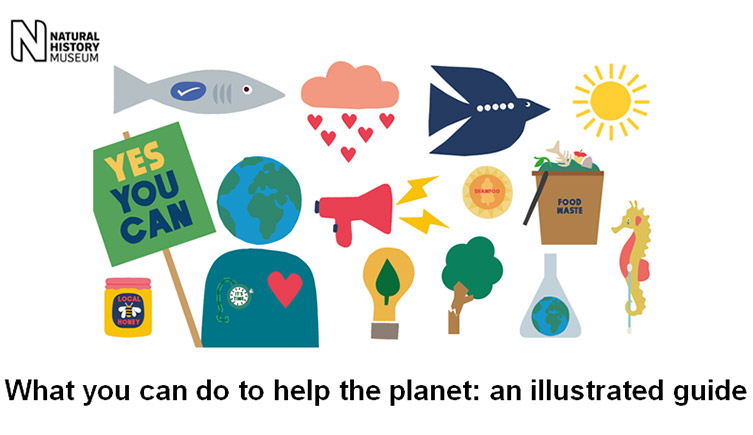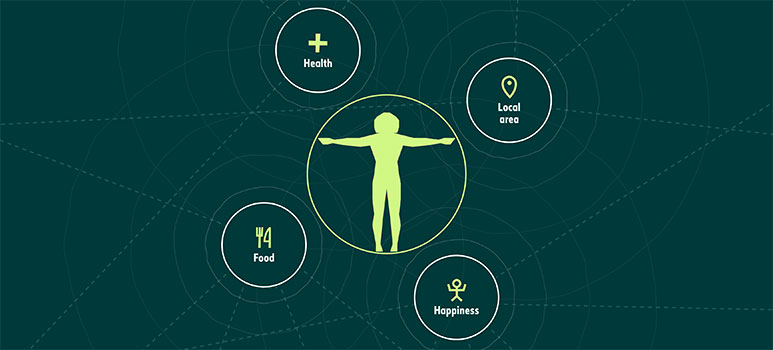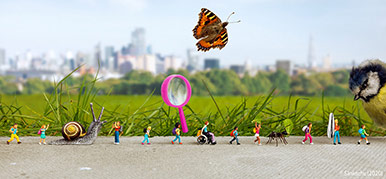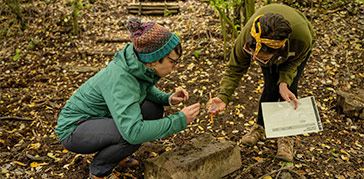About this resource
- Resource type: Teacher primer
- Theme: Climate Change and biodiversity
This resource looks at actions we can take as individuals to help the planet.
The resource is one of a series of PowerPoints, which contain general background information on topics related to climate change and biodiversity loss. These are raw resources that have been designed to be edited and added to and used in a variety of ways, in order to best fit the needs of individual key stages, classes and students.
Key Stages: KS1,KS2, KS3, KS4, KS5

KS1 Science
KS1 Geography
KS1 Citizenship
KS2 Science
KS2 Geography
KS2 Citizenship
KS3 Biology
KS3 Chemistry
KS3 Physics
KS3 Geography
KS3 Citizenship
KS4 Biology
KS4 Chemistry
KS4 Physics
KS4 Geography
KS4 Citizenship
(Building upon KS4 knowledge)
KS5 Biology
KS5 Chemistry
KS5 Physics
KS5 Geography
KS5 Citizenship
The different ways in which a citizen can contribute to the improvement of his or her community, to include the opportunity to participate actively in community volunteering, as well as other forms of responsible activity.
Teacher primer PowerPoints:
Actions for Urban Nature:

Biodiversity is connected to almost every aspect of our lives, but it needs our help. Small actions can make a big difference.

We’re challenging students across the UK to better understand the nature in our towns and cities. For ages 9-14.
We have teaching resources, regional workshops and teacher CPD.

This free downloadable toolkit lists activities and ideas that you can use with young people to explore nature in cities.

A selection of resources to support Museum visits and classroom teaching.

Learn about cutting-edge scientific research from our leading experts with a new series of on-demand courses designed for anyone interested in the natural world, regardless of skill level.
Each course is available for £49.99